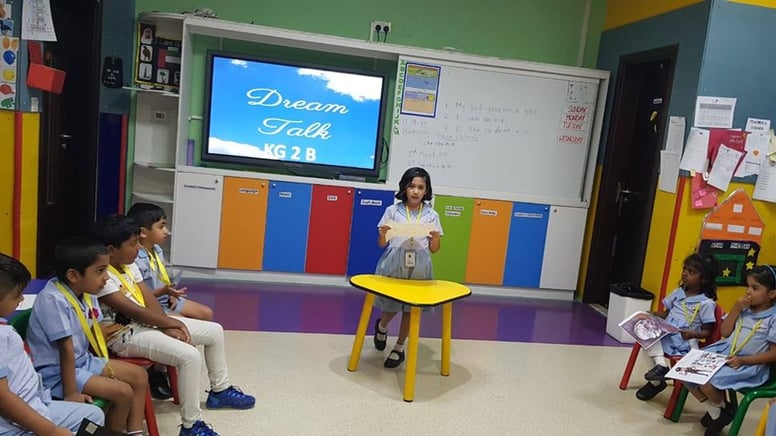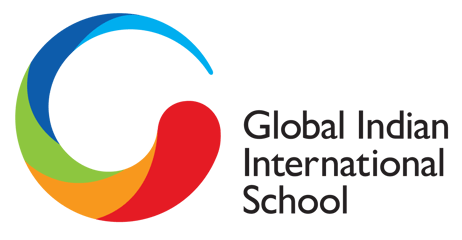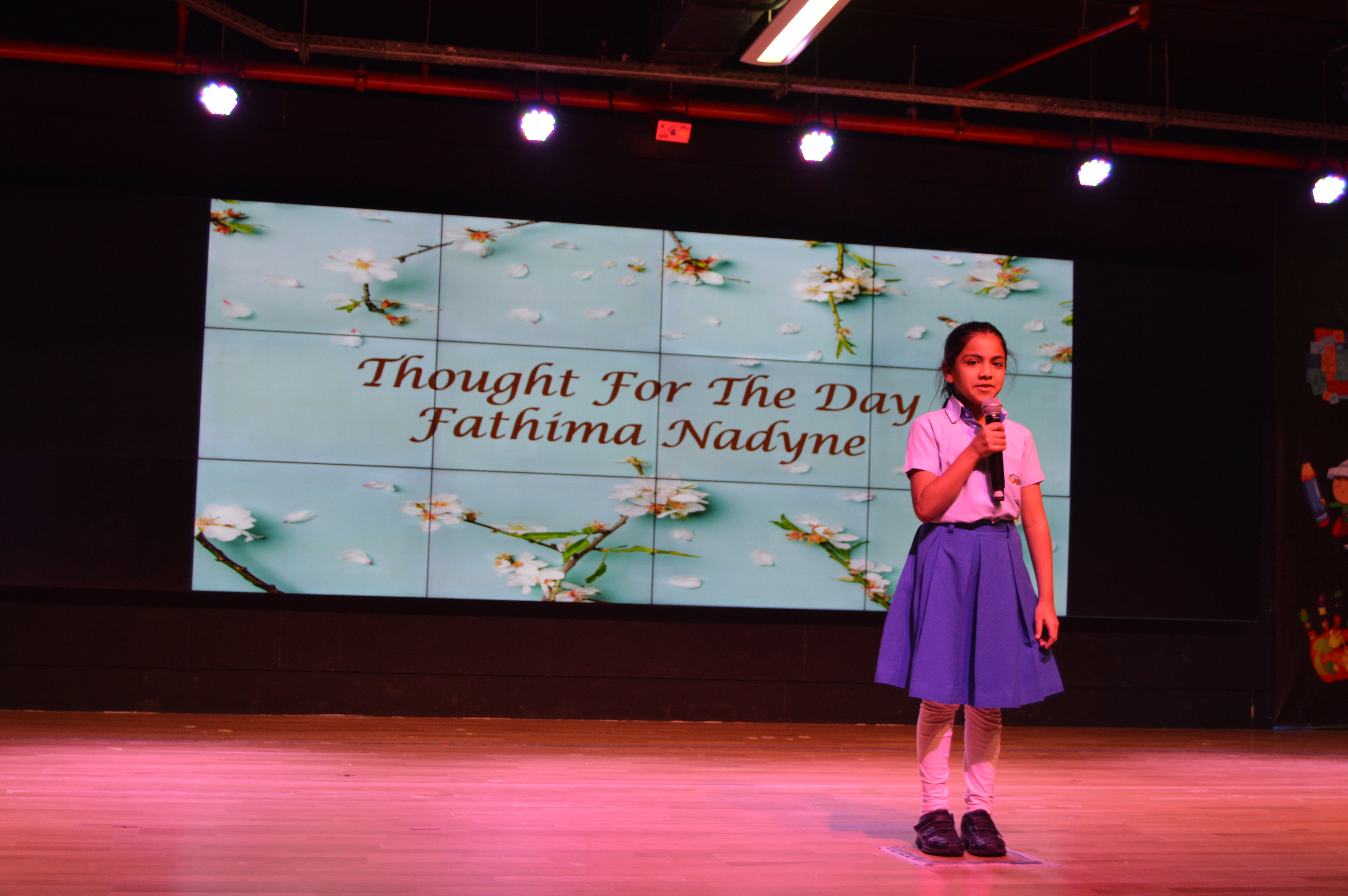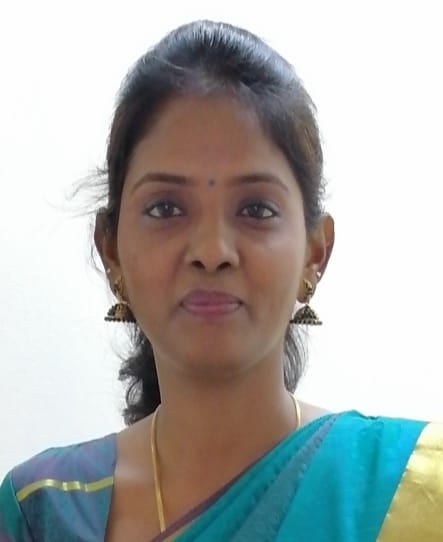The mind is not a vessel to be filled but a fire to be ignited.
Education paves the way for a bright future and a good life. The sole purpose of education is to replace an empty mind with an open and an inquisitive mind. Education is a must as it gives everyone an opportunity to learn skills and gain knowledge. It is also the only key to nurture responsible human beings who can absorb good teachings and can impart it to many others but then there is a question as to what type of education should we follow. We have theoretical on one side and practical on the other. Which of these two is more important and valuable to a student.
Theoretical means to learn everything through books. It helps the child to understand why one technique is successful over the other. Books teach us through the experience of others. It gives a deeper understanding of the concept and helps realize the reason behind it.
Practical aims to gain knowledge through practical experiences. What is learnt practically is retained better and for a longer duration in the memory for everyone. It can often lead to a better understanding of a concept through the act of doing.

Those who are theoretical are called book smart and those who learn practically are called street smart. These two are like two sides of a coin and both carry equal weightage. Therefore without the counterpart there is no value to the coin.
At Global Indian International School, Abu Dhabi we ascertain that our children imbibe the goodness of both and ensure that they go hand in hand. We put into practice what we teach, starting with meditation for the kids. This might sound impossible to many but it has been made possible with practice and we are experiencing the results which is amazing. Children have become much calmer, more energetic and pose a positive outlook throughout the day. We have also incorporated exercise, dance, art and stories in their daily routine to fuel their physical and mental growth. When the children learn an alphabet or number, they are asked to use play dough to make animals or letters. They draw pictures with that letter which is saved better in their memory when compared to just writing the letter or number. The teachers have explained that papers, tissues are all made by cutting down trees. To stress on this many paper based activities have been reduced and the activities are mostly based on reusable materials or things that are readily available at home. This being done, the children started growing their own saplings and started taking care of them. They have also made bird feeders using orange peels and placed food and water for the birds. They have emphasized and realized that it is their responsibility to protect Mother Earth and contribute to care in their own small ways possible.
When a shape is introduced, the children find out objects in the house or in the neighborhood that are of that shape. This makes them correlate what they have learnt in the books. Their answers astonish us at many times. The children used a coat hanger as a balance to weigh heavy and light objects and were surprised to see that the heavier side was going down more when compared to the other. Virtual tours are also conducted according to the topic that is being taught during the class like zoo and garden.
.jpg?width=1280&name=KG2%20H..%20(1).jpg)
We often see that some people are good orators but this should be practiced from a very young age. To enhance these skills children are given opportunities to freely express their thoughts and talk about Ocean Day, World Peace Day and other such topics. Pre-writing skills are instilled before stress is given to writing. These skills are the fundamental skills that children need to develop before they are able to write. These skills contribute to the child’s ability to hold and use a pencil, and the ability to draw, write, copy, and colour. There are many pencil strokes that letters, numbers and early drawings mostly comprise of.
Philosophically, knowledge is intangible but the practical experience has made it tangible by applying those skills into practice. For example the uppercase letters were the first to be formed but when it came to writing it was difficult to write fast and occupied more space owing to which the lowercase came into practice as these letters were more rounded and easier to write. Thus when we put our theoretical knowledge to test in a practical way we come up with different solutions.
Today everything has become digitized and kids can find all the necessary information on the internet. But it is through these inevitable practical fumbles that the children learn to deal with things and this in turn enhances their situational understanding in the future. Both theoretical knowledge and practical skills are necessary to master a field. Theoretical learning is good, but not using that knowledge makes practical education vain. At this juncture GIIS has taken huge strides and always kept in pace with the advancements even during the most challenging times. Theoretical and practical education go hand in hand at GIIS and this practice will make us even more perfect in the future.
A. Arosh Peggy
Assistant Teacher in Kindergarten
GIIS Abu Dhabi





